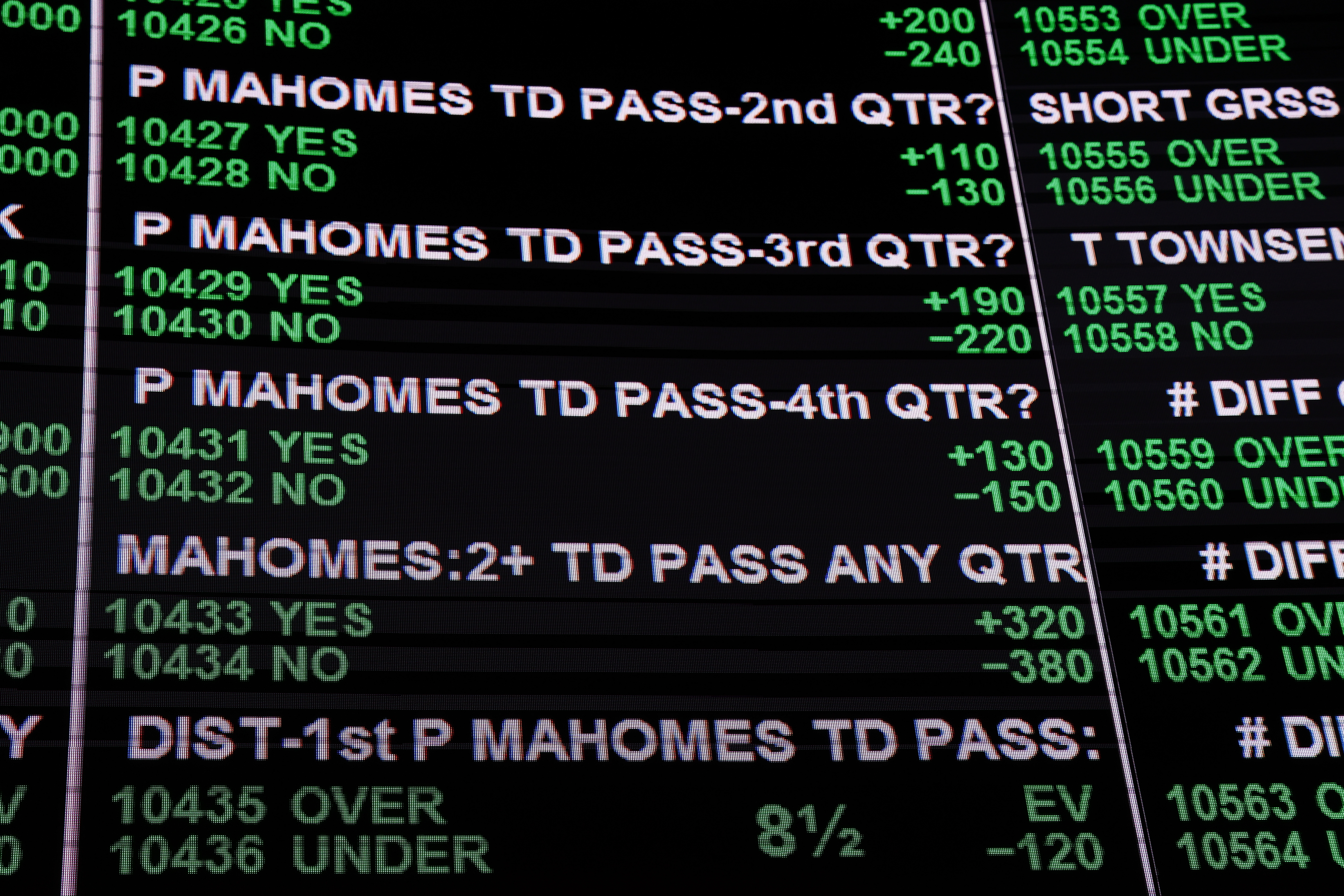Athletes at the center of gambling scandals: how prop bets threaten the integrity of games.


Another week, another scandal in the world of sports betting.
Today, influencing the outcome of a bet has become easier than ever. The introduction of prop betting, where players can wager on specific outcomes in a game, poses a serious risk to sports integrity. This month, the NCAA announced that a group of student-athletes manipulated a game to aid bettors and banned them from playing permanently. In October, the NBA also faced gambling allegations as new cases of prop betting manipulation tied to organized crime emerged. Now, MLB is under investigation due to its own scandal, where pitchers are accused of corruption for purposefully planned throws.
Eight years after the Supreme Court's ruling that overturned federal law prohibiting most states from legalizing sports betting, this sphere has become an integral part of American sports culture. From bars to live broadcasts, online betting is changing the way we consume sports. This is an era of betting scandals, with the popular form of wagering — prop bets — at the center of it.
Three key points about prop bets:
- Prop or 'proposition' bets are wagers on individual player performance details: how many rebounds will a center get in basketball? How many touchdowns will a quarterback throw in the first quarter? Will a baseball player's first pitch be a strike or a ball?
- These bets, based on an individual player's performance or specific game events, are more vulnerable to fraud than bets on which team will win or lose. The latest scandals in the sports betting world primarily revolve around prop bets.
- Some leagues and jurisdictions are trying to ban prop bets or limit the amounts that can be wagered on them to reduce the risk of fraud.
“This is one of the defining features of the legal online sports betting era,” said Danny Funt, a sports journalist and author of the upcoming book Everyone Loses: The Booming Growth of American Gambling, during an interview with Today, Explained's host Astedem Herndon. “One player can easily influence the outcome of one of these prop bets. It’s all about the specific game of the specific person.”
As scandals pile up, leagues are ramping up oversight. This week, the NFL sent memos to teams, noting that scandals in other sports prompted the association to develop policies to restrict or ban prop bets in the NFL. MLB announced that sportsbooks will establish a national limit of $200 on bets regarding baseball pitches to reduce the risk of manipulation.
Funt also discussed with Herndon the recent scandals, the rise of prop bets, and how they are changing sports culture in America.
Can you describe how detailed these prop bets can get?
It’s just ridiculous. What will the speed of the next pitch be? Will the runner at first base try to steal second? Will this inning generate a point? Will there be possession in football, followed by a goal, a shot on goal, or a turnover?
How are these prop bets connected to recent scandals in MLB and the NBA?
It was the New York Attorney General who arrested Terry Rozier, a player for the “Miami Heat,” and Chauncey Billups, the head coach of the “Portland Trail Blazers.” Rozier was accused of leaking insider information to a close friend and some gamblers, as well as of intentionally sitting out due to an 'injury' as he was being wagered on to go under in his prop bets. He was arrested but continues to assert his innocence.
Do these scandals really arise from prop bets due to the individual influence of players? Or are such bets new?
In the past, even if betting always existed in Nevada or through your neighborhood bookmaker, it usually happened in person, often right before games. Today, over 90% of bets are made legally online.
Many of these are smartphone apps that allow betting during games on live bets. This creates numerous opportunities for manipulation, and the betting volumes offered — thousands of prop bets on many major sports — did not previously exist.
How much betting is done on these prop bets during a single game?
Americans legally bet around $150 billion every year. Approximately 30% of all bets are related to prop bets or their combinations. This accounts for 60% of total revenue.
This opens the doors to all kinds of corruption. Will the bookmakers be willing to limit this? I doubt it, as this is their largest profit today. All this proposition gambling, with thousands of micro-bets during games, means instead of betting $30 the day before, you can bet $10 multiple times on these micro-bets. As a result, you’re betting much more money than if you just placed a bet earlier.
Why are these athletes, especially active ones, getting involved in these bets? We're talking about multimillionaires.
This is one of the arguments leagues and their gambling operator partners have tried to reassure the public with during legalization promotion: “Don’t worry, modern athletes are too rich to be bribed.”
Clearly, wealth does not protect against greed or rash decisions. Many athletes gamble, and some take it passionately. The idea that earning millions means you won’t make a bad choice clearly breaks down when we see these scandals.
Are leagues concerned about how their ties to the gambling industry are changing the fan experience?
Commissioners of major sports have warned for decades that this will happen. But now that they see the dollar signs, their position has changed. One of the questions they raise is that the obsession with betting diminishes the relationship with the sport.
It’s an entirely different feeling when you’re a die-hard “Chicago Bulls” fan, and another when you go to a game simply waiting for someone to make a few steals. Sometimes it’s felt in the arenas when the crowd groans or cheers as someone makes a rebound. It’s an interesting aspect of how it changes the understanding of fandom.
On the other hand, fans can become more aggressive. We see a level of harassment and threats directed at athletes that may cross all boundaries. This phenomenon could reach a critical point.
What is being done to address the prop betting issue? Are there attempts to change legislation?
One of the leading forces in this is the NCAA. They have been slow to respond to legalization, often stubbornly asserting that it will harm the sport. They still call for a ban on bets on individual players, as it not only opens the door for manipulation but increases pressure on players.
Some states have already banned betting on individual college players. The NCAA is urging all states to take similar measures. In response to these arrests, MLB has reached agreements with several sportsbooks to not accept bets exceeding $200 on individual pitches.
Read also
- Generation Z and AI: Why Robots Threaten Zoomers
- The Death of Andriy Mulyavka: What We Know About the 26-Year-Old Lieutenant from Rivne Region
- Hungarians on Ukraine: why society is divided over the war
- Protest in the United Kingdom: 2,000 people stood against the refugee camp
- Ukrhydrometcenter warned of a sharp drop in temperature in Ukraine: when to expect snow
- Port of Novorossiysk resumes operations after strike: implications for the oil market








